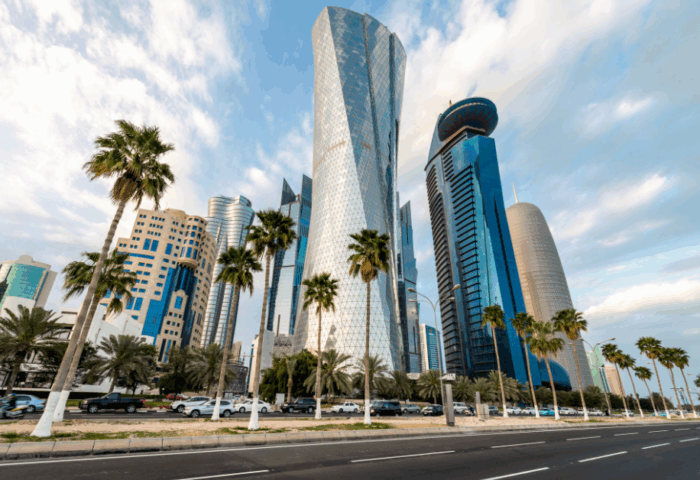Qatar’s Public Works Authority (Ashghal) has launched its most ambitious five-year plan to date, unveiling infrastructure investments worth over QR81 billion ($22.2 billion). Spanning the period from 2025 to 2029, the programme covers a wide array of sectors, from urban infrastructure and government buildings to advanced sewage systems and sustainable water management.
Engineer Mohammed bin Abdulaziz Al Meer, President of Ashghal, described the plan as the largest in the authority’s history, both in terms of investment volume and the number of projects.

Transforming Public Infrastructure
A key focus of the plan is the development of integrated infrastructure designed to enhance the urban environment and quality of life.
This includes the construction of government buildings that will support vital sectors such as healthcare, education, sports, and culture. The design approach is informed by the ‘humanisation of cities’ concept, aiming to make urban spaces more liveable and community-oriented.
Tackling Flooding and Water Reuse
The programme also addresses pressing environmental challenges through the implementation of cutting-edge sewage and rainwater drainage systems. These include the development of strategic tunnels, pumping stations, treatment facilities, and home connections.
One of the flagship projects is a large-scale sustainable rainwater drainage system in northern and southern Doha. Planned in coordination with the Ministry of Municipality and the Ministry of Environment and Climate Change, the project will be executed in two phases—main tunnelling works beginning this year, followed by sub-tunnelling in early 2026. Treated rainwater will be repurposed for irrigation and cooling applications.
Empowering the Private Sector Through PPPs
To enhance private sector involvement, Ashghal is rolling out several projects under the public-private partnership (PPP) model. Chief among them is the infrastructure development for over 5,500 residential plots. These works include internal road networks, sewage systems, treated water infrastructure, landscaping, and street lighting.
Additionally, the second phase of the wastewater treatment plant in Al Wakra and Al Wukair is being considered for tender under a PPP framework.
Stimulating Growth in the Contracting Sector
Recognising the importance of the contracting sector to national development, Ashghal has committed QR21 billion in financial and regulatory support.
This includes direct payments, burden-relief measures, extended contract durations, and new rules allowing bank guarantees in place of maintenance reserves. The measures aim to help companies recover from the impacts of the Covid-19 pandemic and stabilise the market.
Boosting Local Content and Economic Self-Reliance
Progress has also been reported in Ashghal’s local value programme (ICV), which seeks to increase reliance on local suppliers.
Since 2022, the number of registered local companies has risen from 201 to 733. The share of contracts awarded to local suppliers has surged from 10% to 77%, while non-renewal rates for certification have dropped from 47% to 11%. ICV scoring has soared from 3,024 to over 23,447 points.
Driving Digital Innovation
To improve operational efficiency, Ashghal has introduced a digital initiative to automate financial data submissions by service providers. This centralised database reduces administrative burdens, accelerates tendering, and enables real-time monitoring of contractor performance.
Looking ahead, Ashghal is also advancing its ‘smart contracts’ initiative. By integrating digital technologies into contract management, the authority aims to enhance transparency, cut costs, and reduce manual intervention—aligning with Qatar’s broader vision of innovation and sustainability.
In line with its evolving strategy, Ashghal will soon unveil a refreshed corporate identity reflecting its long-term goals under the 2024–2030 corporate strategy. This transformation aligns with Qatar’s Third National Development Strategy and its overarching National Vision 2030.
Source: MEP Middle East